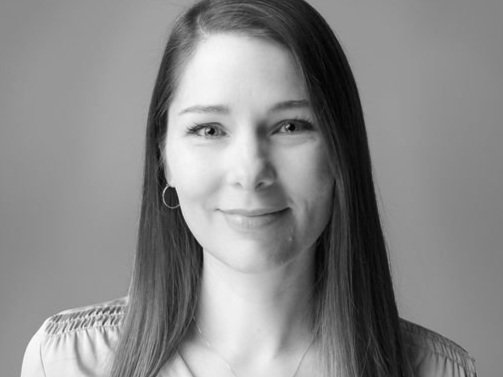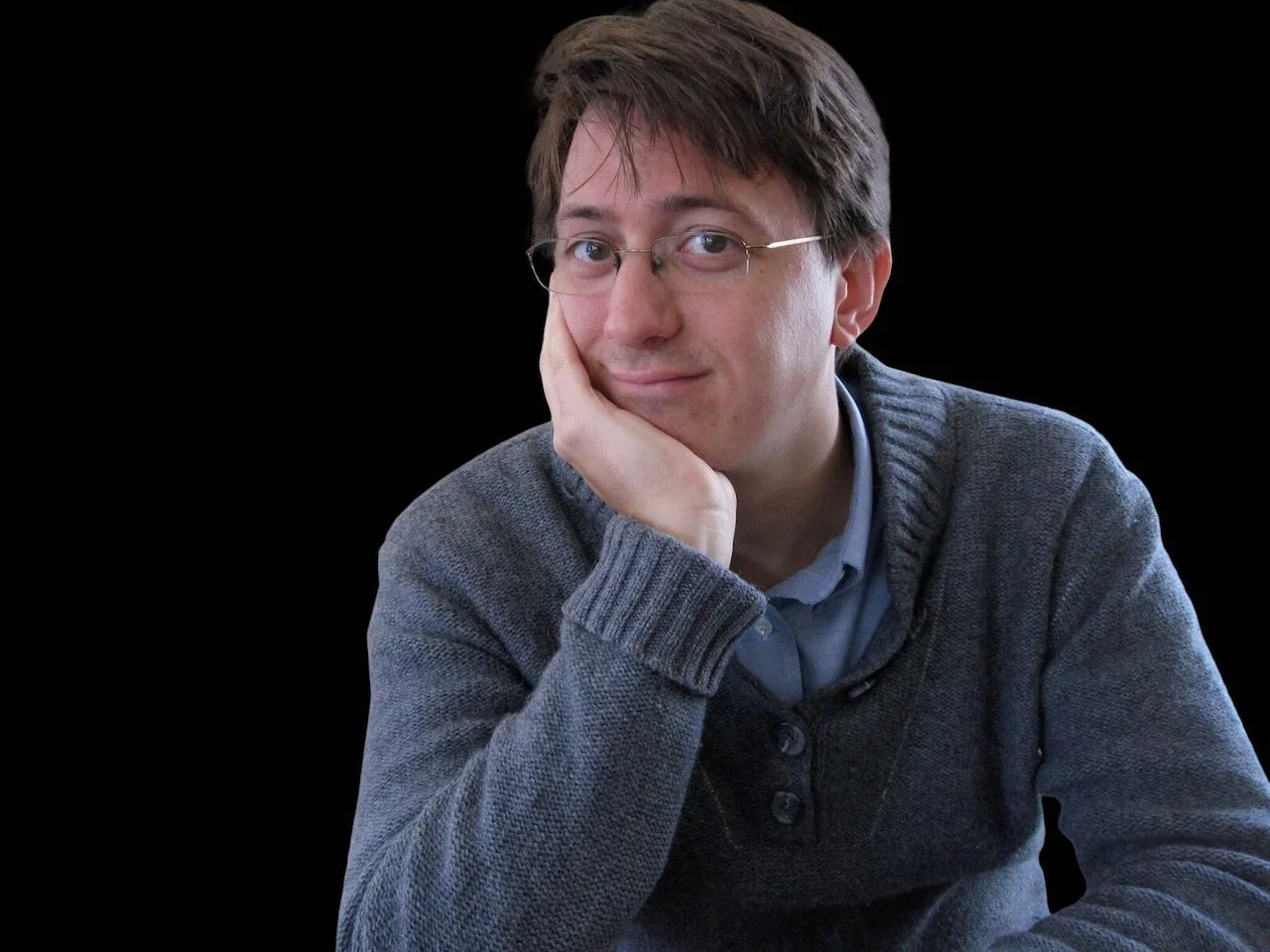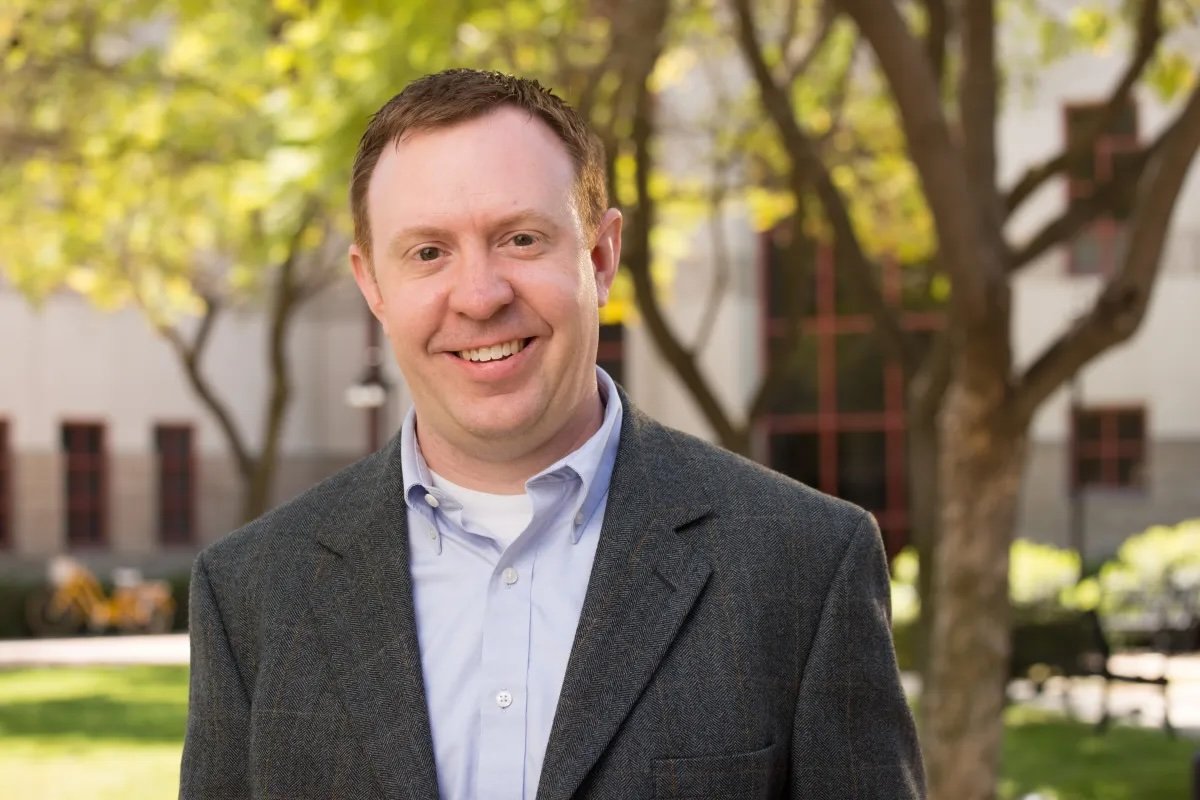
Esther Hi'ilani Candari
As a fine artist who often focuses on the intersection of gender, race, and religion in my work, I have spent most of my professional life considering and researching the implications of how we do or do not represent God, Christ, and other sacred and revered beings in Latter Day Saint, and broader Christian culture. The advent of AI image generation has added a layer of complexity to this conversation by highlighting and amplifying the biases in our current canon of images and by sparking questions about the role of authorship in religious imagery.

Margaret Olsen Hemming
Liberation Theology and the Book of Mormon: A Gospel for the Least of These
This presentation introduces key concepts of liberation theology, emphasizing its focus on God's preferential option for the poor and marginalized. Drawing on the works of Christian theologians such as Miguel de la Torre and Delores Williams, we will explore how this work challenges dominant theological narratives by centering the experiences of the oppressed. We will then turn to The Book of Mormon for the Least of These, a commentary series that examines the Book of Mormon’s engagement with issues of racism, sexual violence, economic inequality, and war. By reading the text through a liberationist lens, we will consider how the Book of Mormon offers a prophetic critique of systemic injustice and calls readers to a faith that actively resists oppression and fosters collective liberation. Finally, we will do some interactive work together in reading and rereading Book of Mormon text to see what messages we can uncover.

Rosalynde Frandsen Welch
Rosalynde Welch is a research fellow and associate director at the Neal A. Maxwell Institute for Religious Scholarship. She holds a PhD in early modern English literature from the University of California, San Diego, and a BA in English from Brigham Young University. She and her family lived in St Louis, Missouri, for 18 years, during which time Rosalynde raised her children and worked as a blogger and independent scholar focused on Latter-day Saint scripture, theology, and literature. In 2020, she published her first book with the Maxwell Institute, Ether: a brief theological introduction.
In 2022, she accepted a job at BYU's Maxwell Institute and moved her family across the country to Provo. In her administrative role at the Institute, she coordinates faculty engagement, hosts the Maxwell Institute podcast, and edited the 2024 seven-volume series Themes in the Doctrine and Covenants. In her personal research, she writes and speaks widely on the Book of Mormon and Latter-day Saint theology. She and co-author Adam Miller have written three (almost four) books on scripture, including Seven Gospels: The Many Lives of Christ in the Book of Mormon and, more recently, Seven Visions: Images of Christ in the Doctrine and Covenants.
Rosalynde and her husband have four nearly-grown children spread out across the country, and they love exploring Utah's wild places together.

Ben Spackman
Genesis in the Twentieth Century: The Church, Creation, and Evolution
During the twentieth century, scientific discoveries, synthesis, and mutual reinforcement between scientific fields led to biological evolution's widespread acceptance among scientists, including LDS scientists. Similarly, due to new discoveries and maturing analysis, biblical scholars across differing religious commitments— including some inerrantist evangelicals— came to understand Genesis in such a way that it offered no opposition to biological evolution. During this same time period, as Latter-day Saints gained highly competent scholars in both science and scripture, the Church moved from a position of wary openness to evolution to a semi-official rejection of it and embrace of creationism.

Ben Spackman
Genesis in the Nineteenth Century: Joseph Smith and the Double-Creation Problem
The first chapters of Genesis confront the reader with not one but two creation stories which are inconsistent with each other. Combining intellectual work with revelation, Joseph Smith provided successively better solutions to this problem, first in the Book of Moses, then the Book of Abraham, finally solving it in the Temple liturgy. Understanding this history illustrates both how divine inspiration works with human intellect in a composite process of progress, and how questions and problems may serve as catalysts to revelation.

Deidre Nicole Green
Prepared from the Foundation of the World: Book of Mormon Insights on the Atonement of Jesus Christ

We’re building
something cool.
Want to help?
Are you interested in helping us recruit stellar speakers? Or are you comfortable marketing events? Do you have an accounting background? Can you make amazing seven-layer bars? Please consider joining the LDSSC and pitching in!